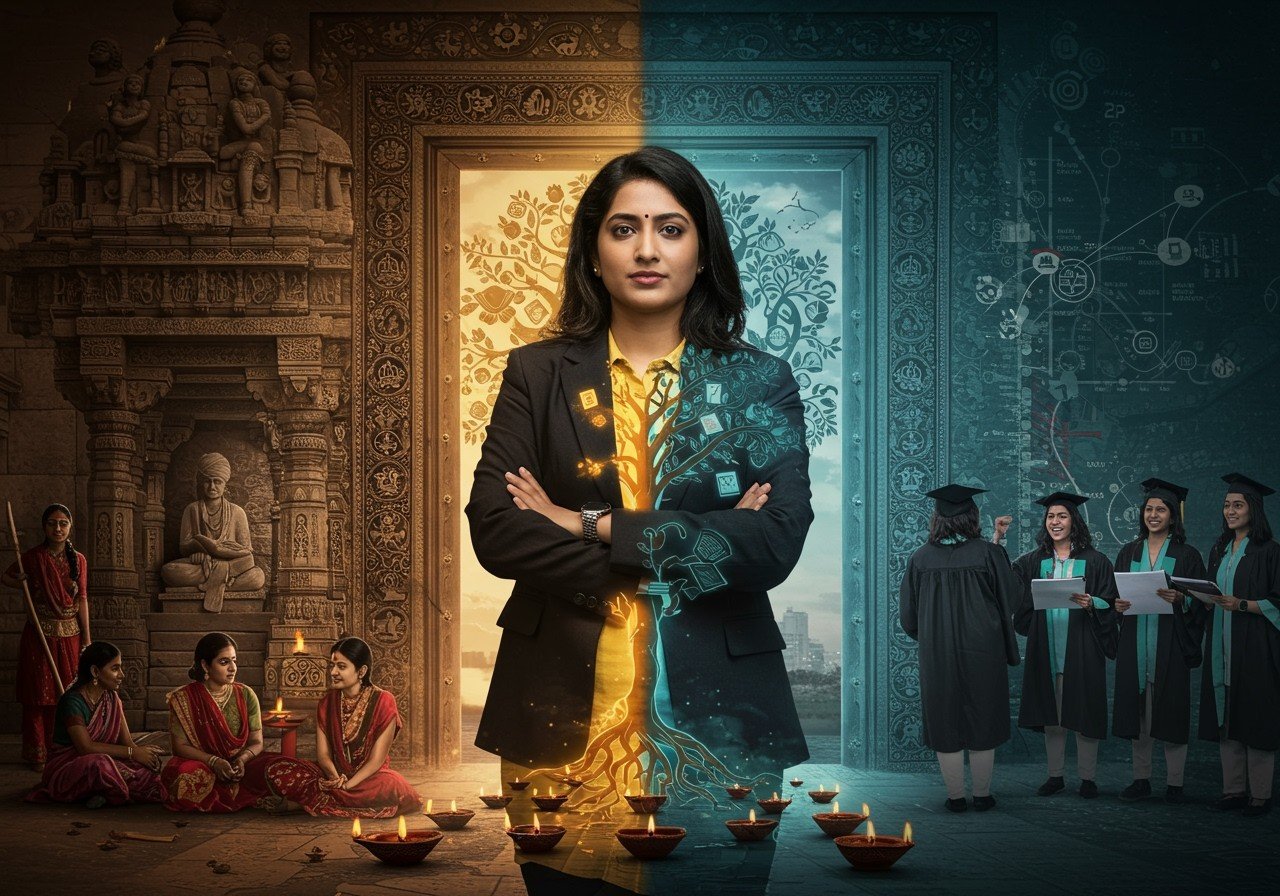
Women’s education in India has a rich and complex history, reflecting societal shifts, cultural influences, and the persistent pursuit of knowledge and equality. This journey, marked by both challenges and triumphs, underscores the vital role of education in empowering women and shaping the nation’s progress. Understanding this historical context provides valuable insights into the ongoing efforts towards educational equality and empowerment.
Ancient and Medieval India: A Shifting Landscape
In ancient India, during the Vedic period, women enjoyed access to education, with notable figures like Gargi and Maitreyi recognized for their scholarship and philosophical insights. However, later periods witnessed a decline in women’s status, resulting in restricted rights and educational opportunities. The arrival of Islamic rule brought further limitations, often confining women’s education to domestic skills. Yet, amidst these challenges, movements like the Bhakti and Sufi traditions emerged, advocating for women’s education through religious teachings and poetic expressions.
The Colonial Era: Seeds of Change
The British colonial era, while complex, introduced new educational avenues for Indian women. The introduction of English education opened doors to previously inaccessible knowledge and opportunities. Social reformers like Raja Ram Mohan Roy and Ishwar Chandra Vidyasagar championed women’s education, establishing schools specifically for girls and challenging prevailing social norms. Movements such as the Brahmo Samaj and Arya Samaj further bolstered this cause, emphasizing the significance of female literacy for societal advancement. Christian missionaries also played a role, founding educational institutions for women, thus expanding the scope of learning.
Post-Independence India: A Renewed Focus
Following India’s independence in 1947, women’s education gained significant momentum as a key element of nation-building. The Indian Constitution enshrined gender equality and the right to education as fundamental rights. Government initiatives and policies, such as the National Policy on Education (1968 and 1986), emphasized the importance of women’s education and called for comprehensive reforms to create a more inclusive educational system. The Right to Education Act further solidified the commitment to universal educational access. Programs like Beti Bachao Beti Padhao actively promote girls’ education, reflecting a national imperative to empower women through learning. The establishment of women’s universities and technical institutes further strengthened the educational infrastructure, offering specialized learning environments. Economic liberalization in the 1990s significantly expanded employment opportunities, encouraging more women to pursue higher education.
Challenges and Progress in Modern India
Despite remarkable progress, challenges persist. Socio-economic disparities, gender discrimination, and the digital divide continue to hinder women’s access to quality education, particularly in rural areas. Safety concerns on campuses and gender bias in higher education remain critical issues demanding attention. However, India has also witnessed significant achievements. Female literacy rates have steadily risen, with increased enrollment of girls in primary education. Women are excelling in diverse fields, demonstrating the transformative power of education. Technology and digital platforms offer innovative solutions, providing access to educational resources and bridging geographical gaps.
Poojn.in: Supporting Education Through Tradition
At Poojn.in, we believe in the power of education and its ability to empower individuals and communities. We offer a curated selection of sacred items that honor Goddess Saraswati, the deity of knowledge and learning. Our collection includes:
-
Saraswati idols crafted in brass and marble, ideal for homes, educational institutions, and personal altars.
-
Complete Saraswati Puja sets containing all the essential items for performing the traditional puja, simplifying the process and promoting reverence.
-
Pure cotton wicks and ghee for the Saraswati aarti, ensuring authenticity and enhancing the spiritual significance of the ritual.
-
Saraswati yantras and other sacred items believed to enhance focus, concentration, and academic success.
-
Books containing Saraswati mantras and stotras, providing resources for deeper understanding and connection with the goddess of knowledge.
-
Blessed akshat (rice) and kumkum for educational ceremonies, adding a traditional touch to auspicious occasions.
We are committed to supporting girls’ education in India and donate a portion of the proceeds from these items to organizations dedicated to this cause. By choosing Poojn.in, you not only embrace sacred traditions but also contribute to empowering women through education. Visit www.poojn.in to explore our full range of Saraswati puja items.
You can also check some others related products like Tulsi mala ,Maa Manasha Murti, Cotton Saree & Herbal Alta .
Note: Prices and availability of items may vary. Please check the website for current details.
The Future of Women’s Education: A Shared Vision
The journey of women’s education in India is a testament to resilience, progress, and the transformative power of knowledge. As we look ahead, it is crucial to build upon the foundations laid by pioneers and advocates. Investing in innovative solutions, bridging the digital divide, and fostering inclusive learning environments are essential steps. By promoting skill development, digital literacy, and gender equality, we can create a future where every woman has the opportunity to learn, thrive, and contribute to a more equitable and empowered India.


